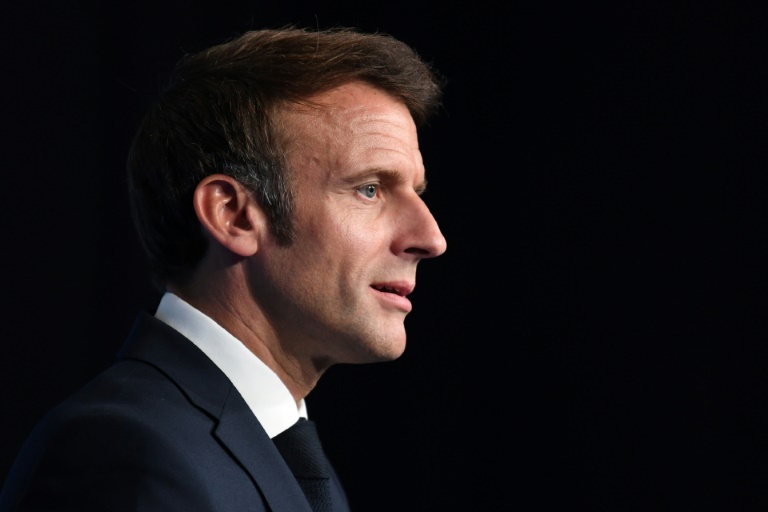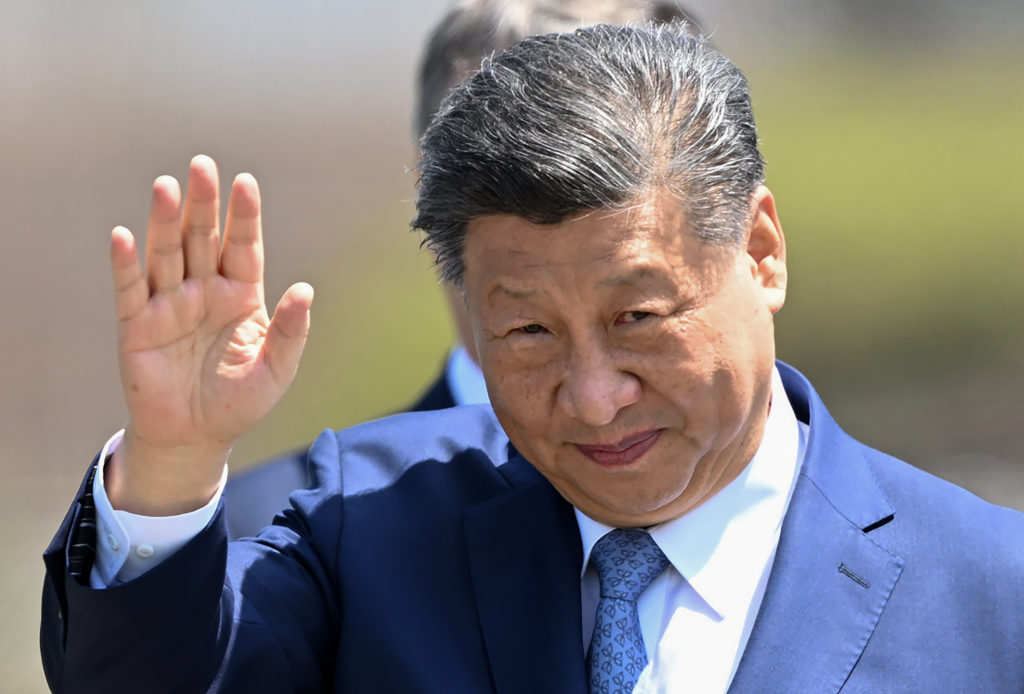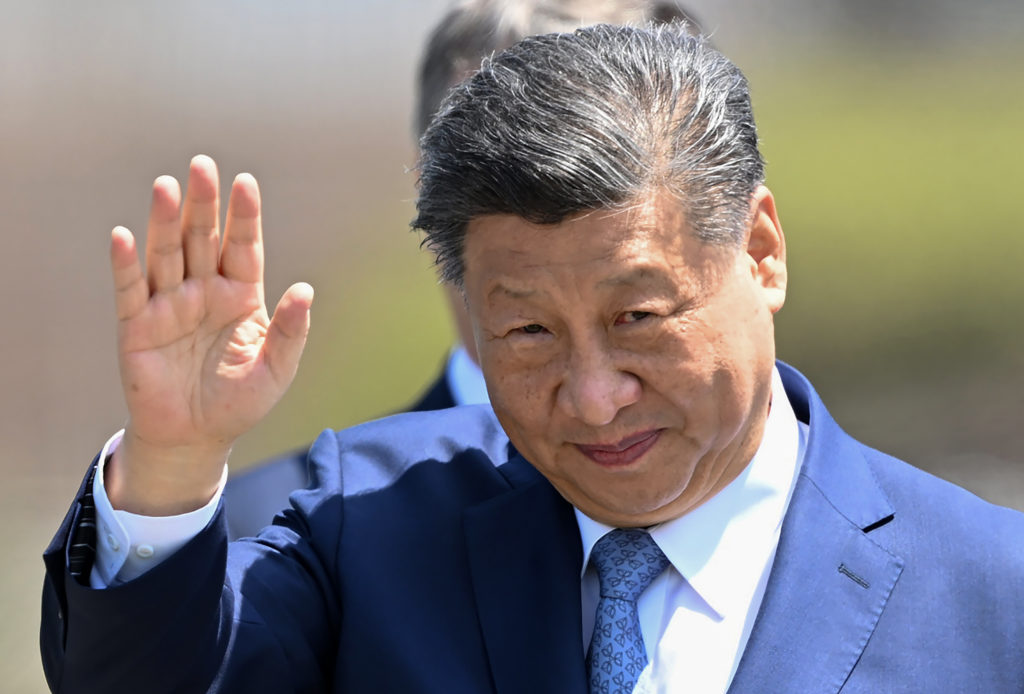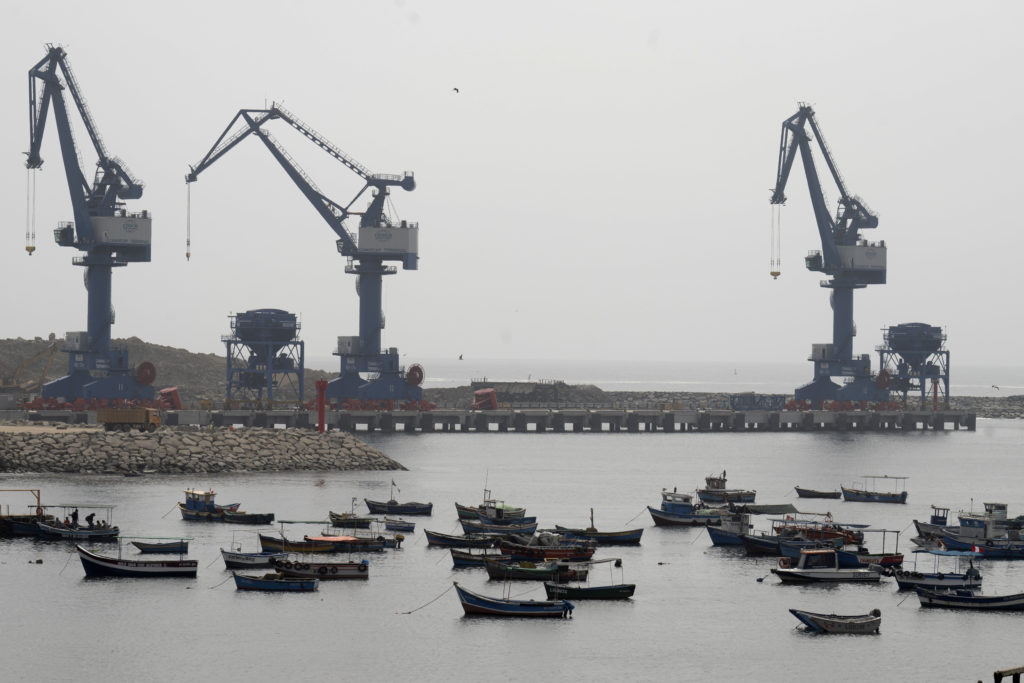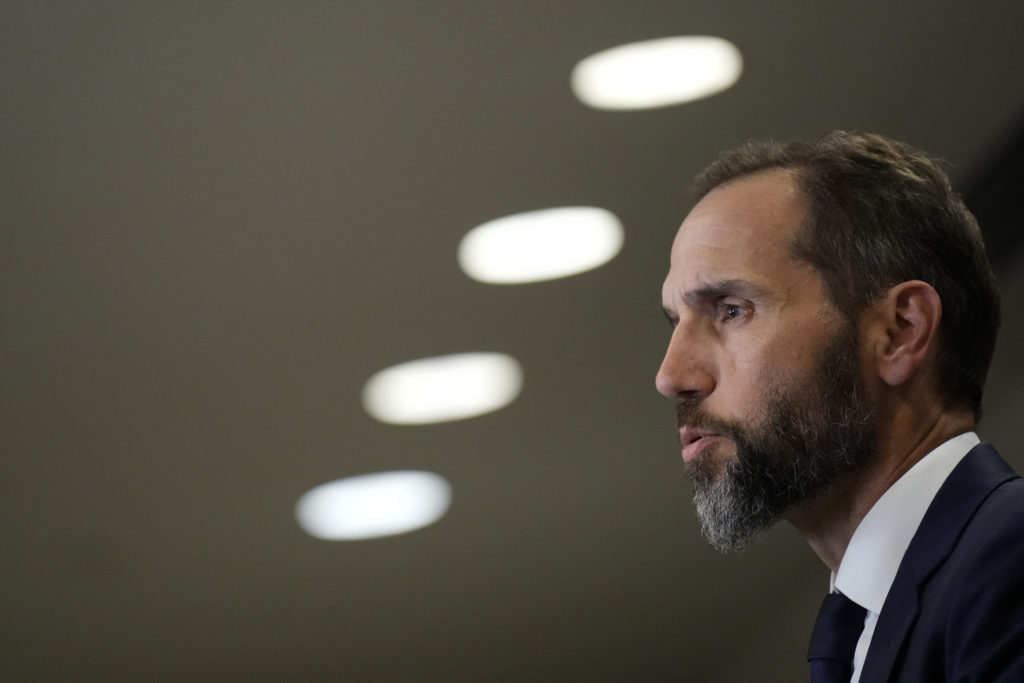French President Emmanuel Macron was under pressure Monday to explain his past support for taxi app Uber while he was economy minister, following media revelations that have been seized on by critics.
According to investigations by media including France’s Le Monde newspaper and Britain’s The Guardian, Macron held several undeclared meetings with Uber executives while minister from 2014-2016.
Citing leaked internal documents and text messages, Le Monde also alleged that Uber struck a secret “deal” with Macron on regulation of the company’s services at a time when it was upending the traditional taxi market.
Opposition MPs on the left and far-right slammed the president, a former investment banker who positioned himself as a pro-enterprise, pro-innovation politician when named as economy minister.
Macron was “a lobbyist at the service of foreign private economic interests,” senior far-right MP Sebastien Chenu told France Info radio on Monday morning.
The 44-year-old president was “an ideologue for deregulation, for globalisation,” Chenu added.
Hard-left MP Alexis Corbiere from the France Unbowed party suggested a parliamentary enquiry, which could prove embarrassing for the 44-year-old leader who lost his majority in the National Assembly last month.
“It’s very serious the idea that with this secret pact Mr Macron de-regulated the regulation of the taxi industry,” he told Public Senat television. “What lessons should be drawn?
“Obviously, we’ll ask the questions to the government when we can, and a parliamentary enquiry as well,” he added.
France Unbowed tabled a no-confidence motion against Prime Minister Elisabeth Borne on Monday — which had been planned last week — but it is not expected to pass.
– Uber ‘partner’? –
According to the reports, the “secret deal” entailed Macron promising to help Uber work around legislation introduced in 2014 which sought to regulate the new app-based taxi hailing services.
Le Monde described Macron as “more than a supporter, almost a partner” for Uber over the course of 17 meetings held by him or his staff with company executives.
At the time, the firm faced multiple legal enquiries over its business practices which undercut French labour law and caused sometimes violent protests from traditional taxi drivers.
Macron’s agenda on Monday included a meeting with the heads of multinational investors in France at the annual “Choose France” summit at the Versailles chateau outside Paris.
The biggest announcement was a 5.7-billion-euro ($5.8-billion) investment by French-Italian chipmaker STMicroelectronics and US-based GlobalFoundries.
Around 180 executives are expected, more than in previous years which demonstrated “the very strong interest from foreign bosses after the president’s re-election,” an aide said.
Macron beat far-right veteran Marine Le Pen to win a second term in April, but his allies failed to secure a parliamentary majority last month.
He is set to give a television interview on Thursday to mark the country’s Bastille Day celebrations and is bound to face questions about Monday’s so-called “Uber Files”.
– Employment –
Contacted by AFP, Uber France confirmed that the company had been in contact with Macron during his time as minister.
The meetings had been in the normal course of his ministerial duties, which covered the private-hire sector, it said.
The president’s office told AFP that at that time Macron had “naturally” been in contact with “many companies involved in the profound change in services that has occurred over the years mentioned, which should be facilitated by unravelling certain administrative or regulatory locks”.
Macron was a vocal and public supporter of Uber when it arrived in France — contrary to many colleagues in the Socialist government of the time.
He defended it as providing employment for people in low-income areas and as a means of breaking the monopoly held by taxi companies.
“Go to Stains (a deprived area north of Paris) and tell young people there who are willingly working for Uber that it would be better to do nothing or deal drugs,” Macron argued in an interview with Mediapart in 2016.
He also found support on Monday among people who remembered the long waits for taxis in Paris and other cities, as well as drivers who refused to take bank cards as payment.
“Fortunately there were ministers and elected figures who questioned all this,” Herve Joly, a sociologist from the CNRS research group, wrote on Twitter.
The Uber Files investigation is based on a leak of tens of thousands of documents to Britain’s Guardian newspaper from an anonymous source, and has been coordinated by the International Consortium of Investigative Journalists.
burs-adp/jh/spm

